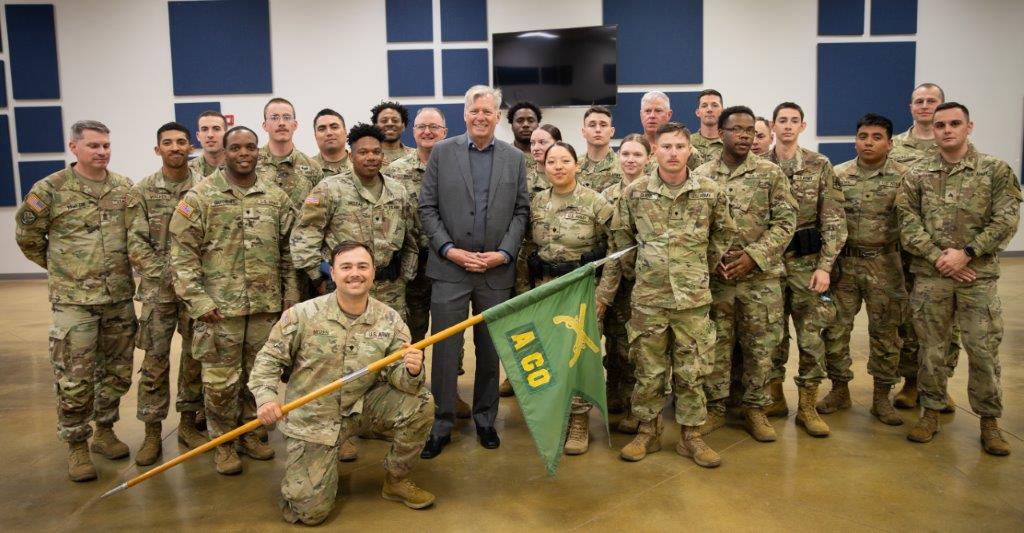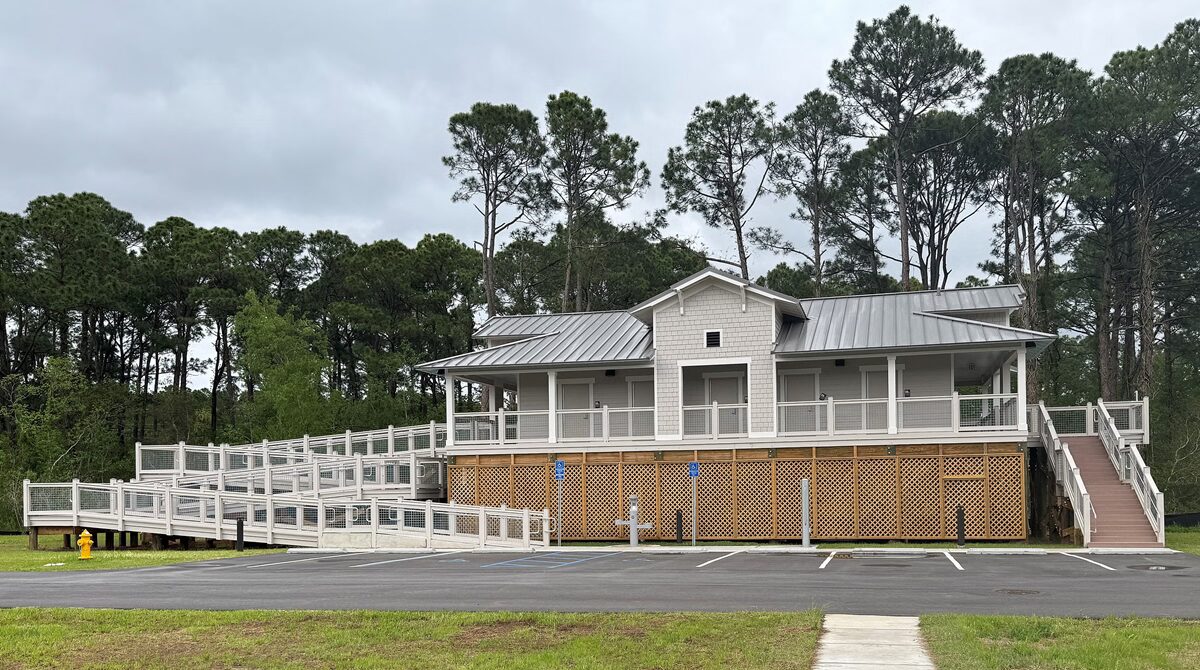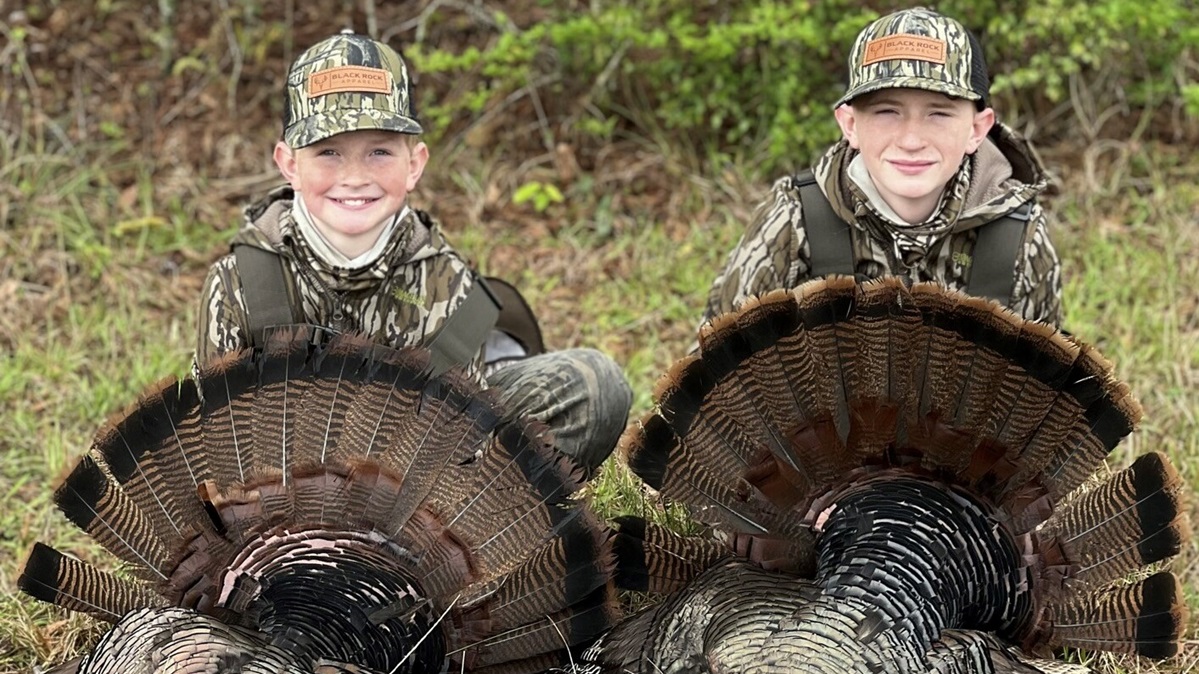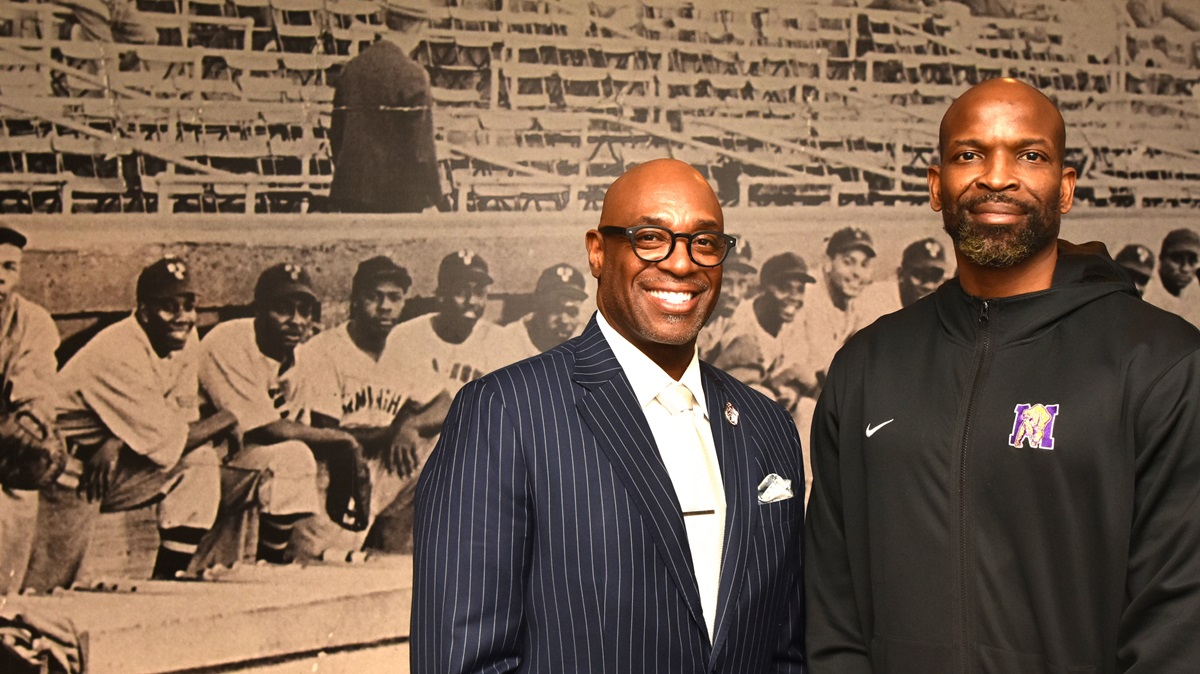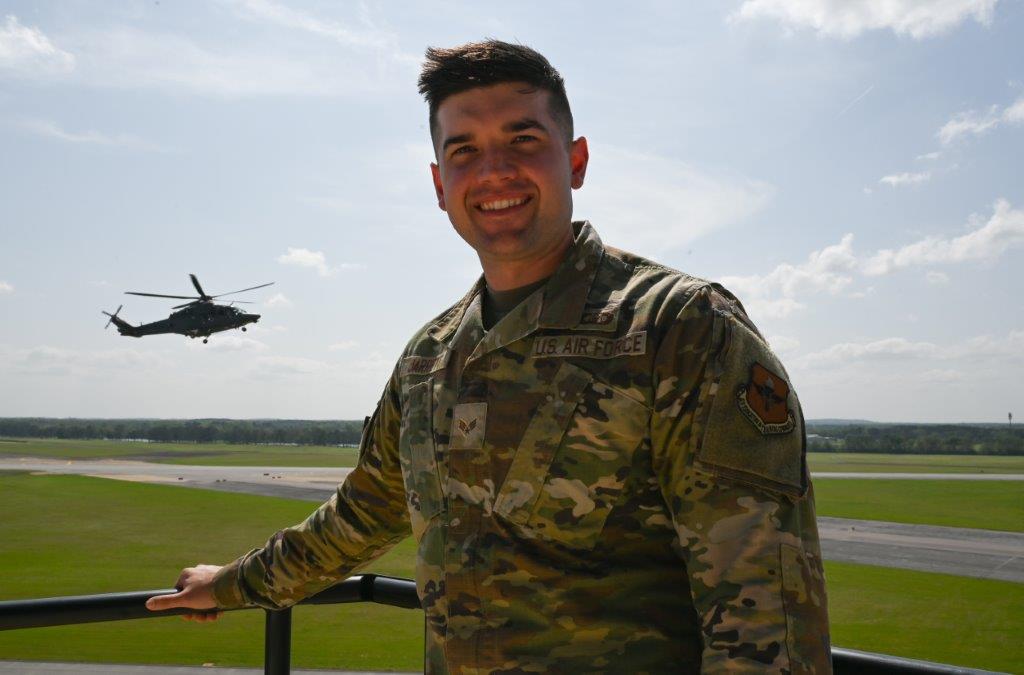UAB epidemiologist Judd stresses need for residents to get COVID-19 vaccine, discusses new normal
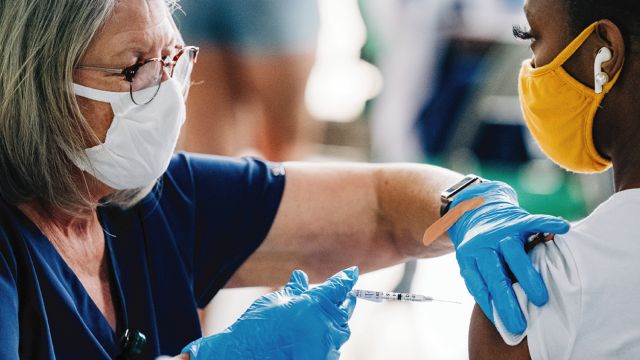
In Alabama, residents in their 20s are pursuing being vaccinated against COVID-19 at higher rates than people in their 30s, 40s and 50s. UAB Epidemiologist and School of Public Health Professor Suzanne Judd, Ph.D., said that hospitalizations are currently at manageable levels, but residents must get vaccinated to prevent illnesses from rising, particularly in the fall and winter. (UAB)
While the state is presently in good shape with relatively low numbers of COVID-19 infections, Alabamians must get vaccinated now to avoid illness this fall.
That’s the word from UAB epidemiologist Suzanne Judd. The Alabama Department of Public Health (ADPH) on June 9 reported that 212 people were hospitalized due to COVID-19.
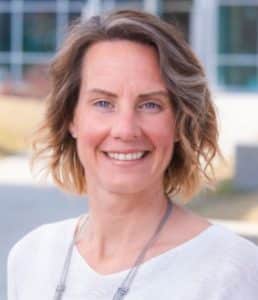
Suzanne Judd, professor of Public Health at UAB (UAB)
“I’d like to see hospitalizations at less than 200, to indicate we are at decent levels of immunity to keep the cases down,” said Judd, who has worked at UAB for nearly 13 years. Currently, the ADPH is reporting less than 2,800 cases on a 14-day average. However, as people’s immunities from earlier COVID-19 infections begin to dwindle, the number of cases could rise.
Residents who have had some level of COVID-19 infection and who developed antibodies provide a slight buffer, in addition to the vaccine, to prevent the disease from moving through the population.
“I think we’ve got this boost in Alabama because there is some level of immunity from people who have had the virus, but may not have had a severe infection,” said Judd, who earned a Ph.D. in public health from Emory University in Atlanta in 2008.
The problem is that those antibodies eventually fade.
“When you get the actual viral infection, you just don’t know how your body responded to it, how those antibodies were created, how many you have left and whether or not that will protect you in the future,” she said. “The vaccine is how you can be sure. The infection just doesn’t provide a guarantee.”
For that reason, if previously infected people don’t get vaccinated, the antibodies benefit may not be there when Labor Day rolls around. Residents must be vaccinated to maintain manageable levels for the hospital system and the health care system.
“We really need folks to continue getting vaccinated, so that in the fall we’re sitting right where we are right now,” she added.
Vaccine hesitancy is a problem in Alabama
As Alabamians continue to lag in receiving the vaccine – the state ranks 49th in vaccination rates, ahead of Mississippi – Judd said Alabama may be in danger of losing vaccines in the future.
“There’s a general hesitancy here to follow public health guidelines and health recommendations,” said Judd, who believes that many residents want to think a little longer about getting vaccinated, to process the information.
But with decreased demand for the vaccines from UAB, pharmacies, doctor’s offices and other places that administer injections, vaccine-makers won’t be sending supplies.
“So, suddenly imagine you’re one of those people who hasn’t been vaccinated and a new variant comes on the market and it starts spreading though the population,” Judd said. “Those vaccinations may have been reallocated to other countries and other states and may not be available when you need it most.”
The group that’s been most responsive in pursuing vaccination in Alabama is people over 65. Hospitalizations have plummeted for that group.
“Now in Alabama, it’s the 30-, 40- and 50-year-olds that are most commonly in the hospital,” Judd said. “Interestingly, the 20-year-olds are pursuing vaccination at higher rates than those groups, as well. So, we’re starting to see hospitalizations come down in 20-year-olds.”
With fewer cases in Alabama, there’s now a slightly lower risk of being infected with the illness. But for those who are infected, Judd said there’s the same risk of dying and the same risk of being hospitalized, as well as having complications after COVID-19, such as brain fog, heart conditions and problems with lung function and breathing.
“This vaccine works. It’s safe. If you’re thinking about sitting on the fence, jump off. Give it a try,” she said. “We’ve got millions of people that have been vaccinated with very few side effects. And again, the most important thing is, this pandemic could turn again in the fall, and you want to be on the side of being vaccinated if that virus begins circulating rapidly again.”
The new normal
Judd said the new normal will look much like what Alabamians are experiencing now. For those who have been vaccinated, the Centers for Disease Control and Prevention indicates masks aren’t needed in public.
“Now, if the mask has personally given you some level of comfort and you want to keep your mask on, you should feel free to keep your mask on. But you don’t have to; the vaccine protects you,” Judd said.
She noted that when people are in large gatherings – sports arenas or concerts where attendees are yelling, singing or being active – it’s probably still a good idea to wear a mask.
COVID-19 cases may continue to accumulate and there could be isolated outbreaks in communities that aren’t heavily vaccinated, Judd said. Some counties, cities or social organizations may choose not to get vaccinated.
“If you’ve got a population not wanting to get vaccinated, you may see an outbreak in that group,” she said. “Those are things we’ll continue to watch.”
Like the flu, there may be times when COVID-19 cases rise and fall, but the disease won’t completely go away.
“We’re still stuck with it,” Judd said. “The difference between COVID and influenza is, it’s a much more dangerous virus. You’re more likely to wind up in the hospital with COVID. It’s more likely to cause death than influenza. So, again, this is one you’d much rather get vaccinated for, rather than have to deal with the infection.”
